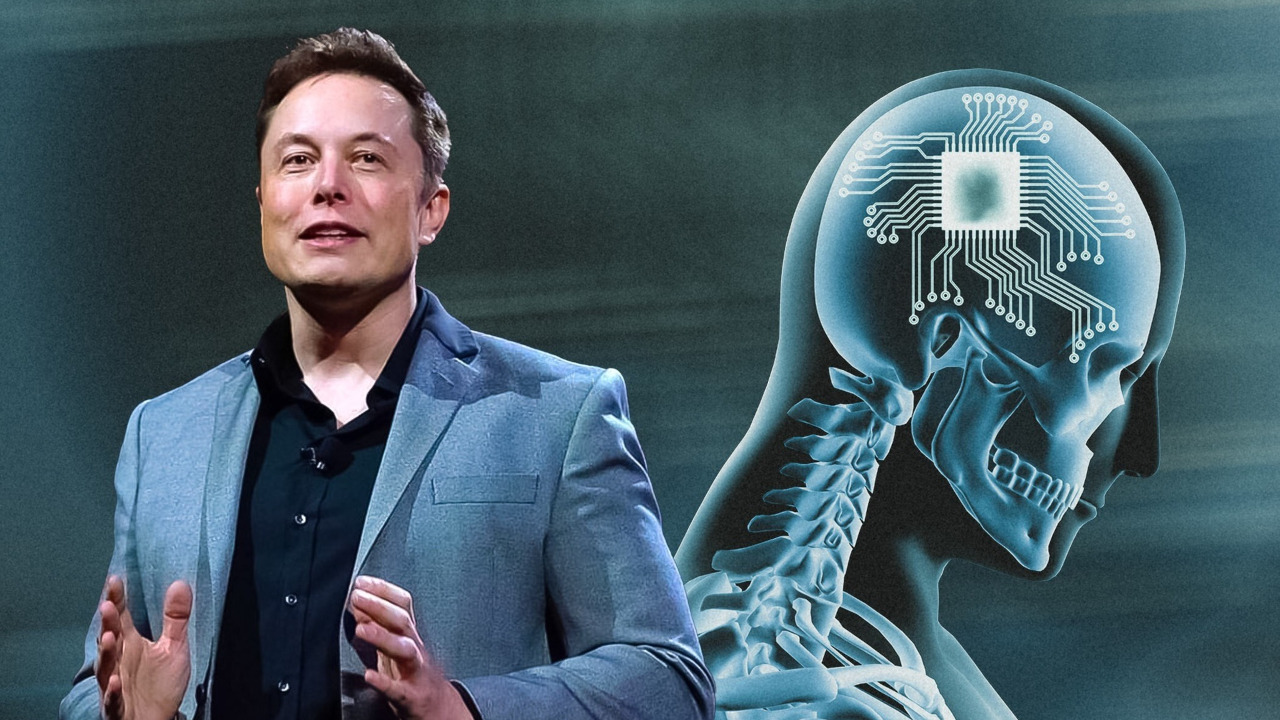World
Backlash Against Elon Musk: Americans Urge Him to Halt Cyborg Creations Following Neuralink’s Brain Chip Revelation

Americans have demanded that Elon Musk must ‘stop creating cyborgs’ as the tech visionary behind Neuralink instigated fear among even his most devoted followers by announcing the successful implantation of a microchip into a human brain. Musk, the world’s wealthiest individual, disclosed that the groundbreaking operation on Sunday yielded “promising neuron spike detection” in initial results. The device, ‘Telepathy,’ is designed to enable control of electronic devices, including phones and computers, through mere thoughts, according to MailOnline.
Despite Musk’s enthusiasm, many of his 170 million X (formerly Twitter) followers expressed apprehension, accusing him of ‘mind control,’ creating ‘cyborgs,’ and assuming a ‘God-like’ role. Concerns were voiced about the potential misuse of technology, with questions about the security of thoughts and the risk of external control. Some emphasised the necessity of establishing bioethical principles in technological advancements.
Musk defended Neuralink’s objectives, highlighting the potential benefits for users with disabilities and envisioning improved communication for individuals like Stephen Hawking. The company aims to implant microchips in the brains of paralysed individuals, allowing them to control bodily movements through their thoughts.
Also read: Neuralink Launches Human Brain Implant Trials for Paralysis Patients
Positive reactions amidst the scepticism included praises for Neuralink’s achievement, with some considering it a momentous historical event. The announcement follows Neuralink’s earlier news about developing its first product, “Telepathy.” Telepathy is intended to enable thought-based control of devices, particularly beneficial for individuals with physical disabilities.
Controversies have marred Neuralink’s journey. There are allegations of violation of the Animal Welfare Act and concerns raised by neuroscientists and experts. The company struggled to gain approval for human trials due to safety concerns related to the lithium battery, wire migration within the brain, and device extraction without damaging brain tissue. Despite receiving FDA approval in May, Neuralink faces challenges in realising Musk’s ambitious vision of treating conditions like obesity, autism, depression, and schizophrenia through chip devices.
The successful human trial marks a milestone for Neuralink, which was founded in 2016. Musk’s grand ambitions for the company include facilitating speedy surgical insertions of chip devices, allowing for web browsing, telepathy, and treating various medical conditions. However, experts caution that extensive testing and overcoming technical and ethical challenges are necessary before such brain implants become widely available.
Also read:
Picture: X / Adcave
Follow us on Google News.






















